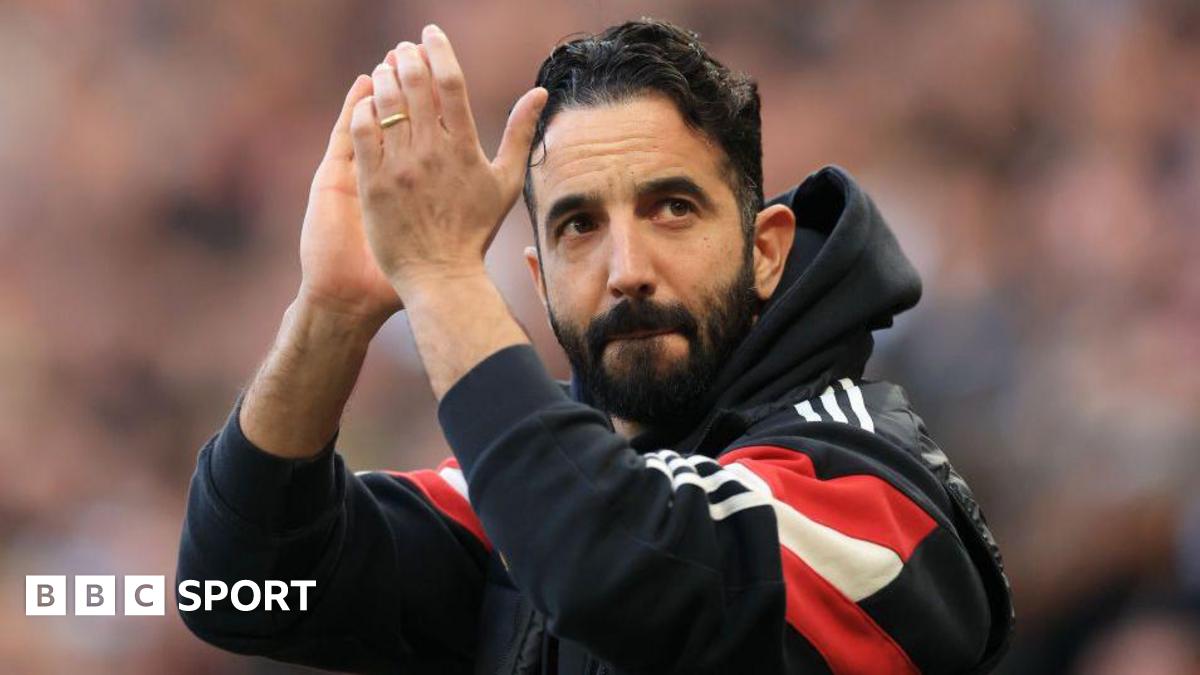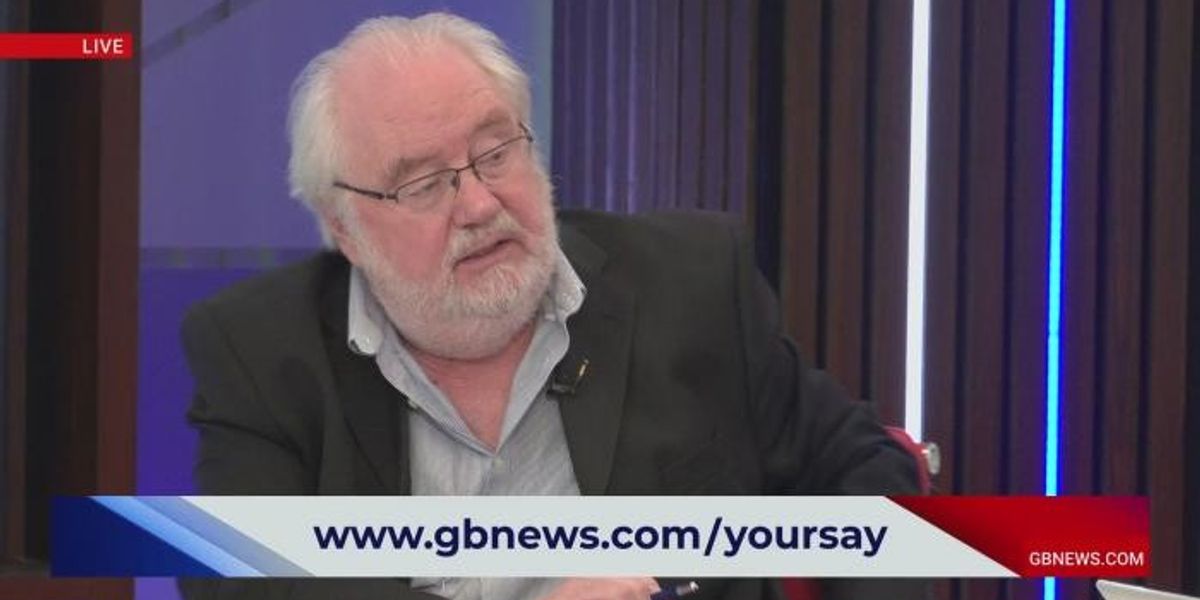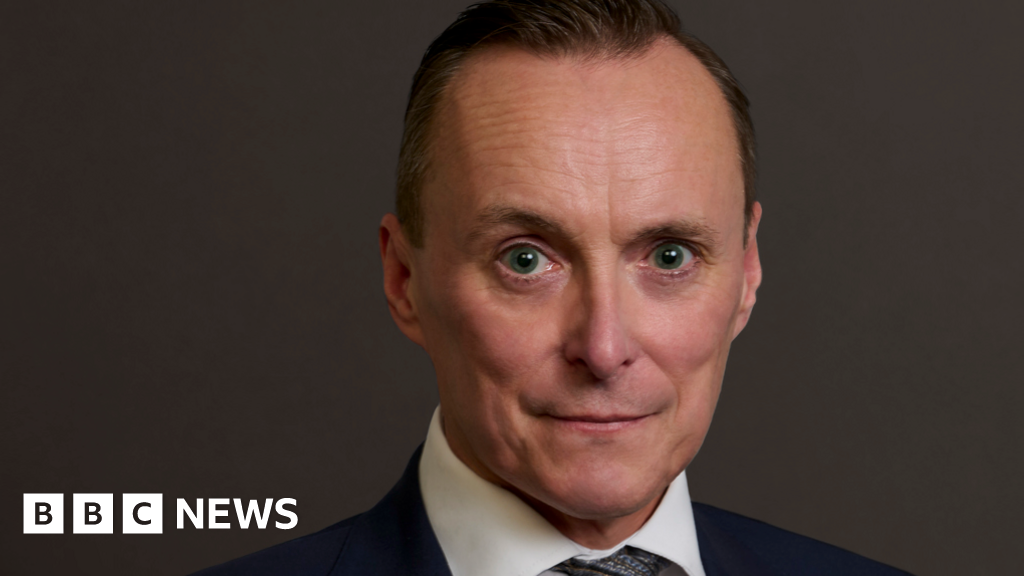Lauren Nicholls played elite level netball for 10 years then had two children, before becoming coach of Super League champions Loughborough Lightning. She says the conversations current players have about fertility are different to the ones she had with her teammates.
“I know a few of the slightly older players – they’ve frozen eggs and made those decisions for their family for a later date,” she says. “Because they’re worried about their career.”
Juggling being an elite athlete and starting a family has always been a tricky challenge. For women, their years of peak fertility overlap with the time they hit their physical peak.
Male athletes are also not immune to fertility issues, external. Burning more energy than you have coming in may affect testosterone levels, cause sperm abnormalities and even erectile dysfunction.
But for Dr Emma Pullen, a sports exercise researcher at Loughborough, the lack of definitive answers on the impact of elite sport is emblematic of how poorly female athletes have been researched, from fertility to injury risk.
She said research was “playing catch up” with the amount of attention on male sport.
“We’re seeing the repercussions of that with growing professionalisation of women’s sports and more female athletes than ever before,” Dr Pullen adds.
Overall, Prof Nargund argues female athletes are likely to face more fertility challenges than other women.
“There seems to be a fertility problem because of [elite sport’s] potential effect on ovulation, including potentially a higher risk of miscarriage,” she says.
But a definitive answer on exactly how much elite-level exercise is too much is not clear. And that’s enough for Dame Laura, for now.
“The conversation in itself I feel is really important because I want people to start talking,” Laura says. “Honestly, I would love it if it was a lot more open.”
The relationship between exercise and fertility affects all of us though, even if we’re a long way from Olympic glory.







